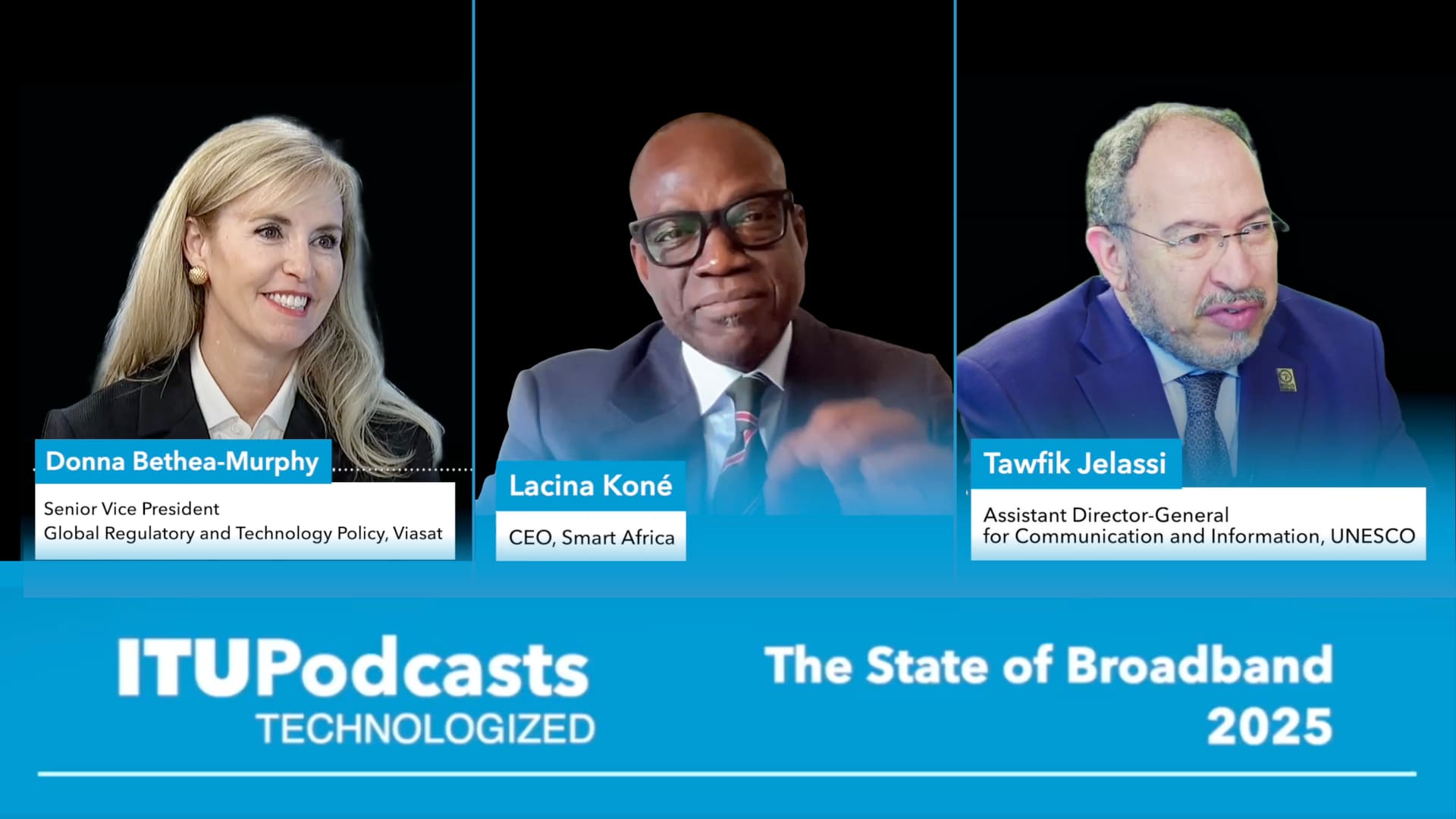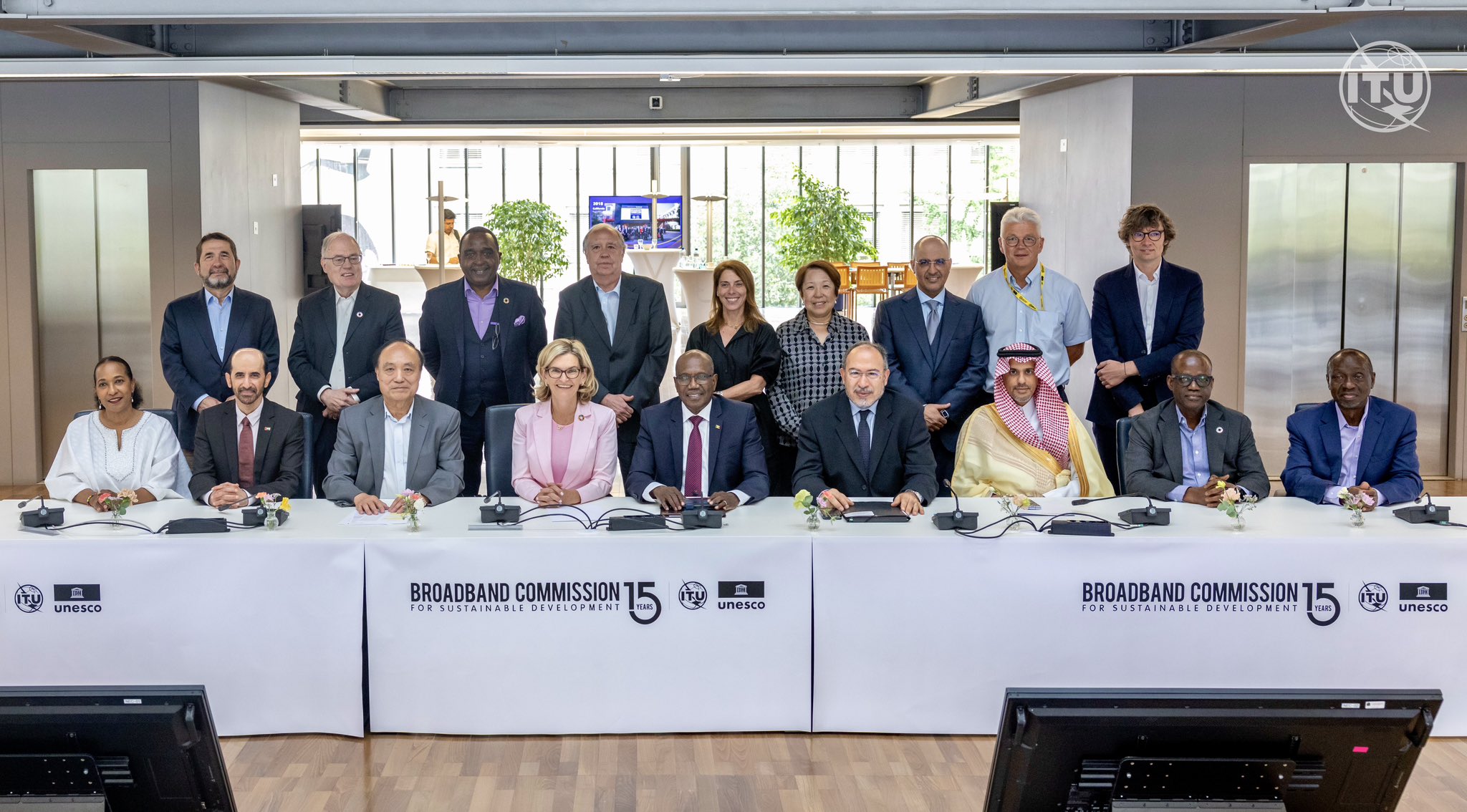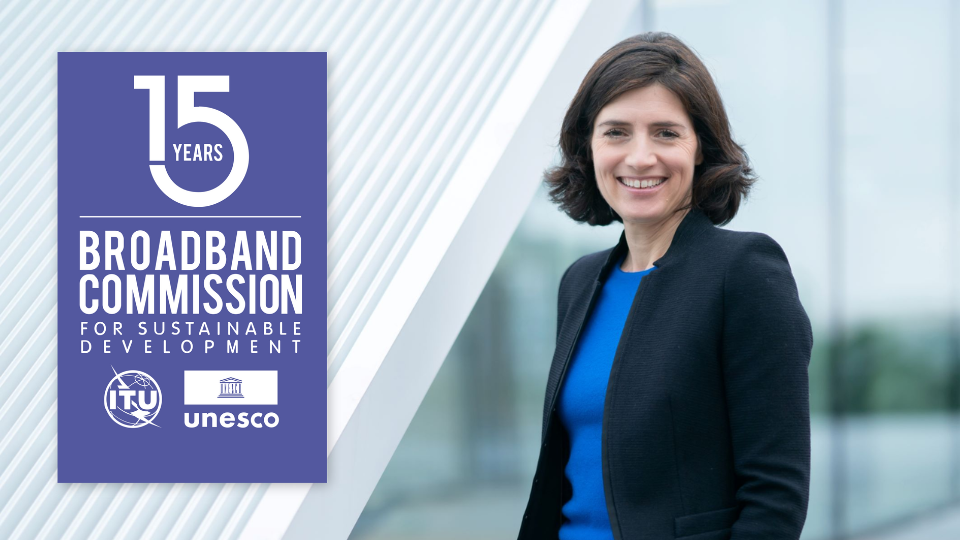
Key Insights from the Broadband Commission Working Group
The Broadband Commission Working Group on Data Governance, co-chaired by Commissioners from UNESCO, ITU, UNDP, and the African Union Commission, is making strides in shaping the future of global data governance. In alignment with the challenges highlighted by the Global Digital Compact, adopted on 22 September 2024, and building on previous work of the Commission, such as the Data for Learning 2023 and AI Capacity Building 2022, this Working Group is leading efforts to create robust, inclusive frameworks to equip policy-makers with the tools needed to govern data effectively in the digital age.
Why This Matters
At the heart of this initiative is a crucial question: How can governments promote sustainable development through effective, equitable data governance? With the rapid pace of digital transformation, interoperable and equitable data governance is essential. The Working Group aims to provide holistic, people-centered guidance that fosters innovation, enables trustworthy data flows, safeguards human rights, and promotes equity and inclusion, ensuring that the benefits of data governance reach all sectors of society, particularly vulnerable populations.
The Working Group aligns with the goals set out in the Global Digital Compact, such as to “advance responsible, equitable and interoperable data governance approaches,” and aims to provide practical, adaptable frameworks to help governments manage the complexities of modern data governance. This work is crucial to advance the Broadband Commission Advocacy Targets 2025 and to achieving the 2030 Sustainable Development Goals (SDGs).
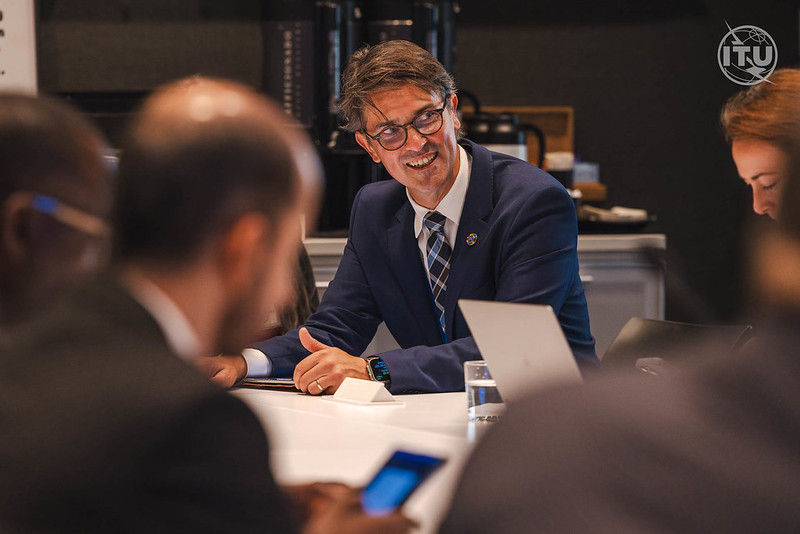

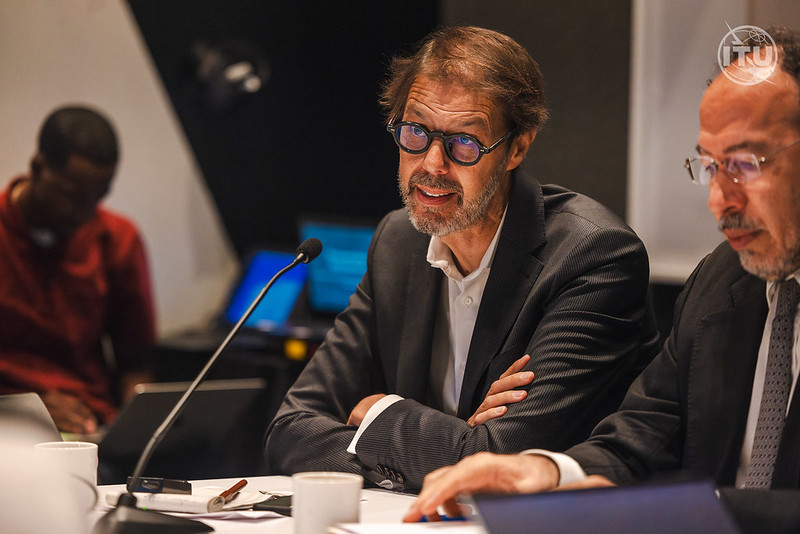
A Key Deliverable: The Data Governance Toolkit
The centerpiece of the Working Group’s efforts is the Data Governance Toolkit: A Roadmap for the Digital Age, a comprehensive resource that aims to help governments and regulators build capacity to govern data responsibly. This toolkit is being developed in collaboration with a wide range of stakeholders – members of the Commission, including international organizations, governments, private sector leaders, and external experts.
The toolkit will include strategic frameworks, best practices, and real-world case studies that address pressing data governance challenges, bridging gaps in capacity and harmonizing regulations across regions. By offering practical solutions, the toolkit aims to help countries navigate the increasingly complex digital environment.
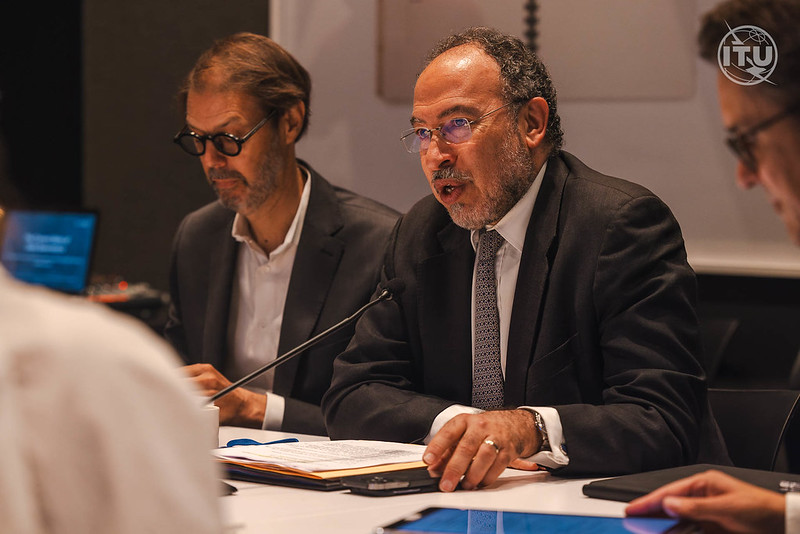
Insights from the 20 September 2024 Meeting
At the 20 September 2024 hybrid meeting in New York, led by Dr. Tawfik Jelassi, UNESCO’s Assistant Director-General for Communication and Information, discussions focused on current trends and challenges in global data governance. Participants emphasized the importance of aligning data governance with human rights principles and ensuring that data governance policies support marginalized and vulnerable groups, including children.
One of the key insights was the need for clarity—clear definitions and taxonomy are crucial for global policy alignment. Without a shared understanding of key terms, ambiguity can hinder cooperation and regulatory harmonization. Inclusion and equity were also central objectives, with participants advocating for strategies that ensure all sectors of society benefit from data-driven advancements.
Trust was highlighted as a foundational pillar of effective data governance. Building systems that ensure data quality and integrity is essential for creating an environment where innovation can thrive while maintaining privacy and security.
Looking Ahead: A Global Effort
As the Data Governance Toolkit develops, it reflects a truly global effort, supporting the implementation of one of the Global Digital Compact’s core objectives and advancing the Commission targets. Input from the Broadband Commission’s cross-sector expertise and contributions from Commissioners and external experts will ensure the toolkit offers practical, adaptable solutions that can be applied in diverse governance contexts. The toolkit will undergo several stages of refinement, with the final version set to launch in 2025 at the Broadband Commission’s Spring Meeting.
For more information
Contact Leona Verdadero, Programme Specialist, Digital Policies & Digital Transformation, UNESCO (l.verdadero@unesco.org) and the Broadband Commission secretariat at (bbcommission@itu.int)

